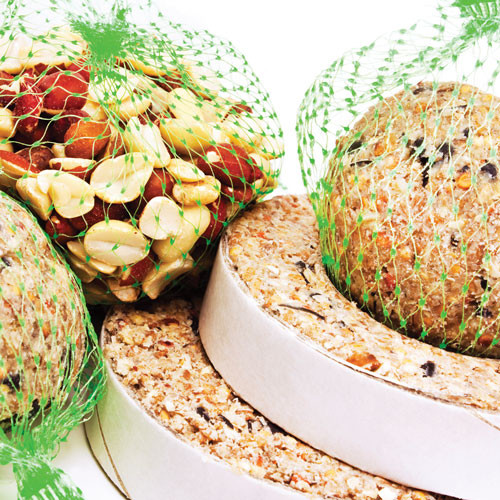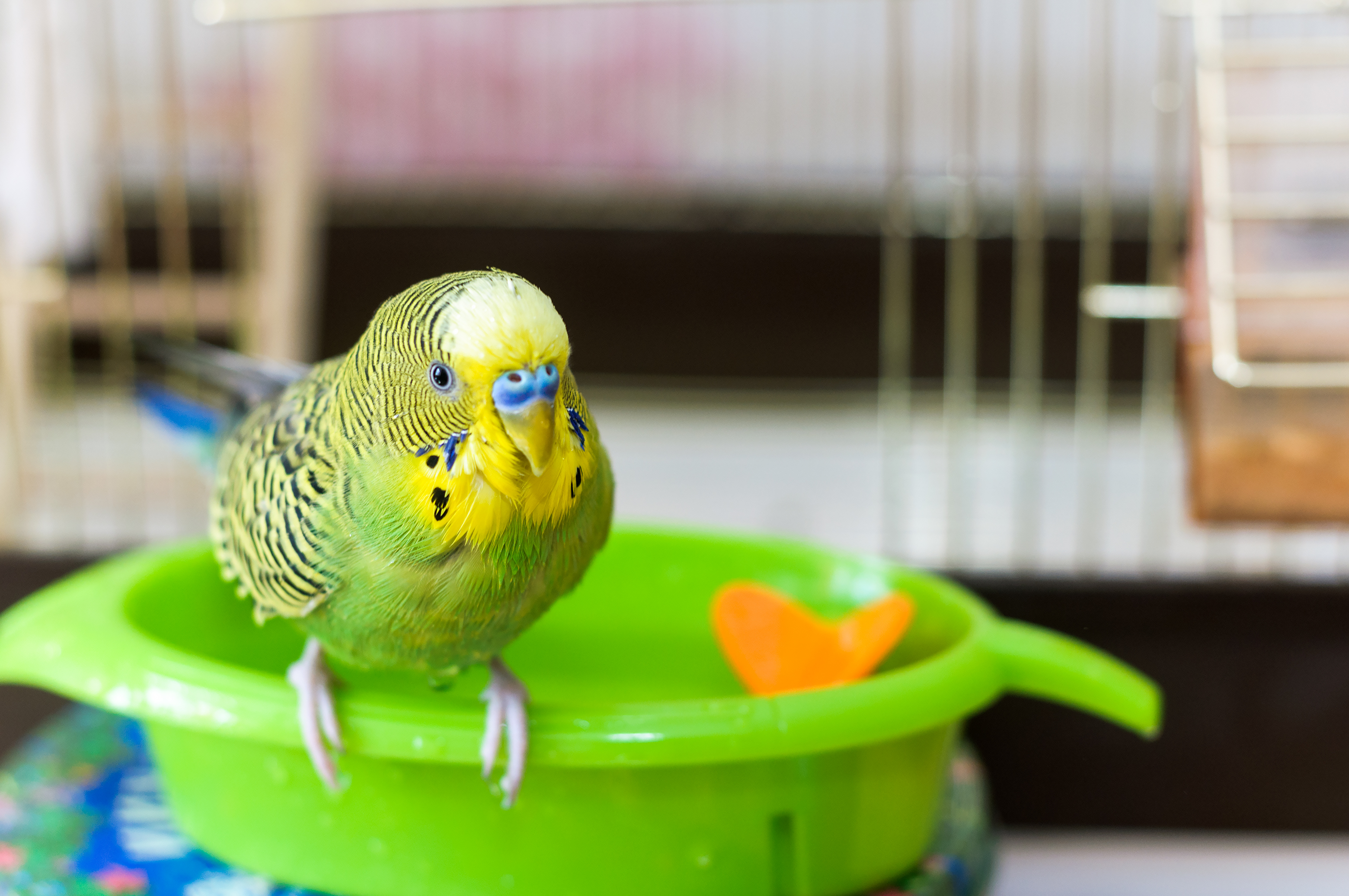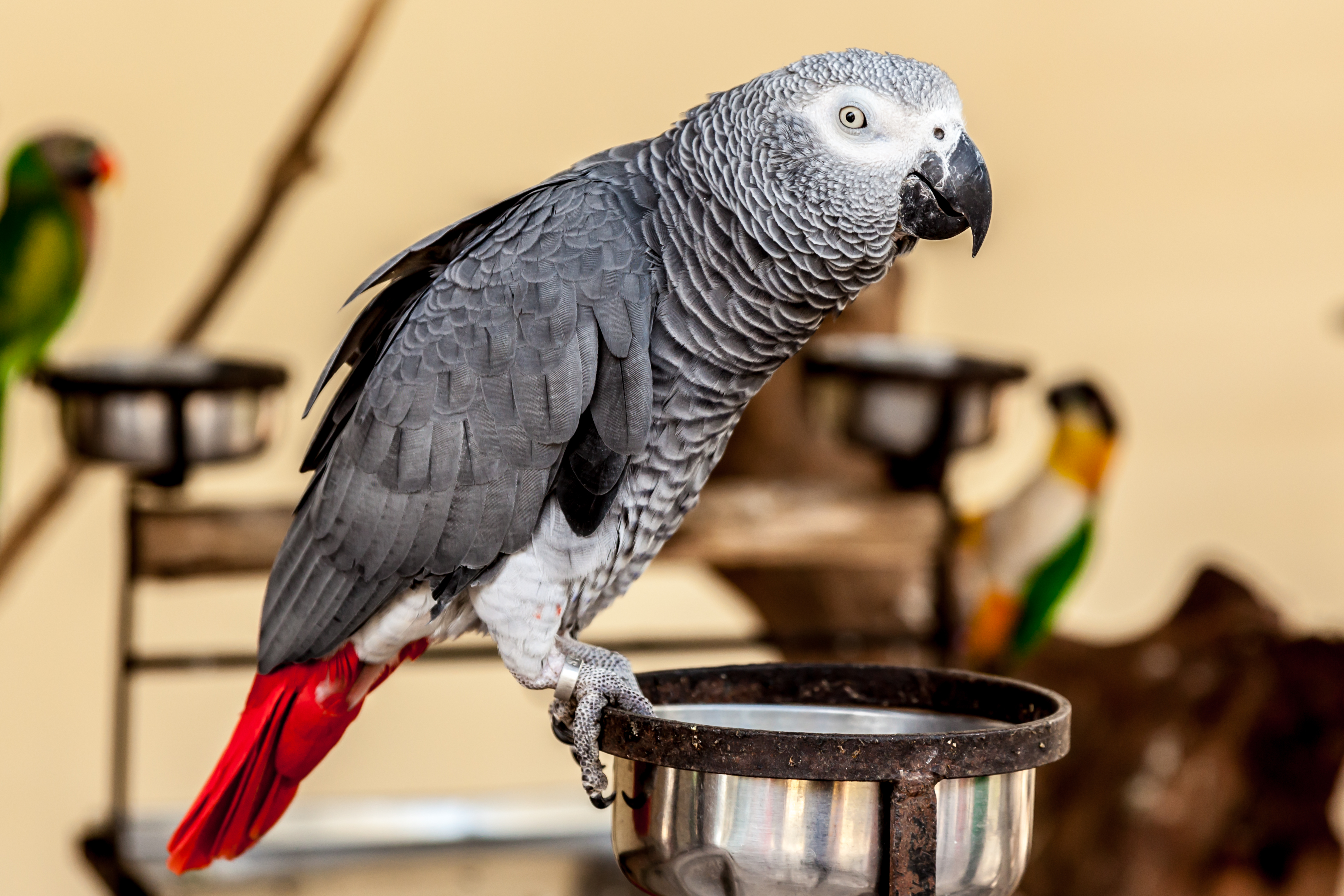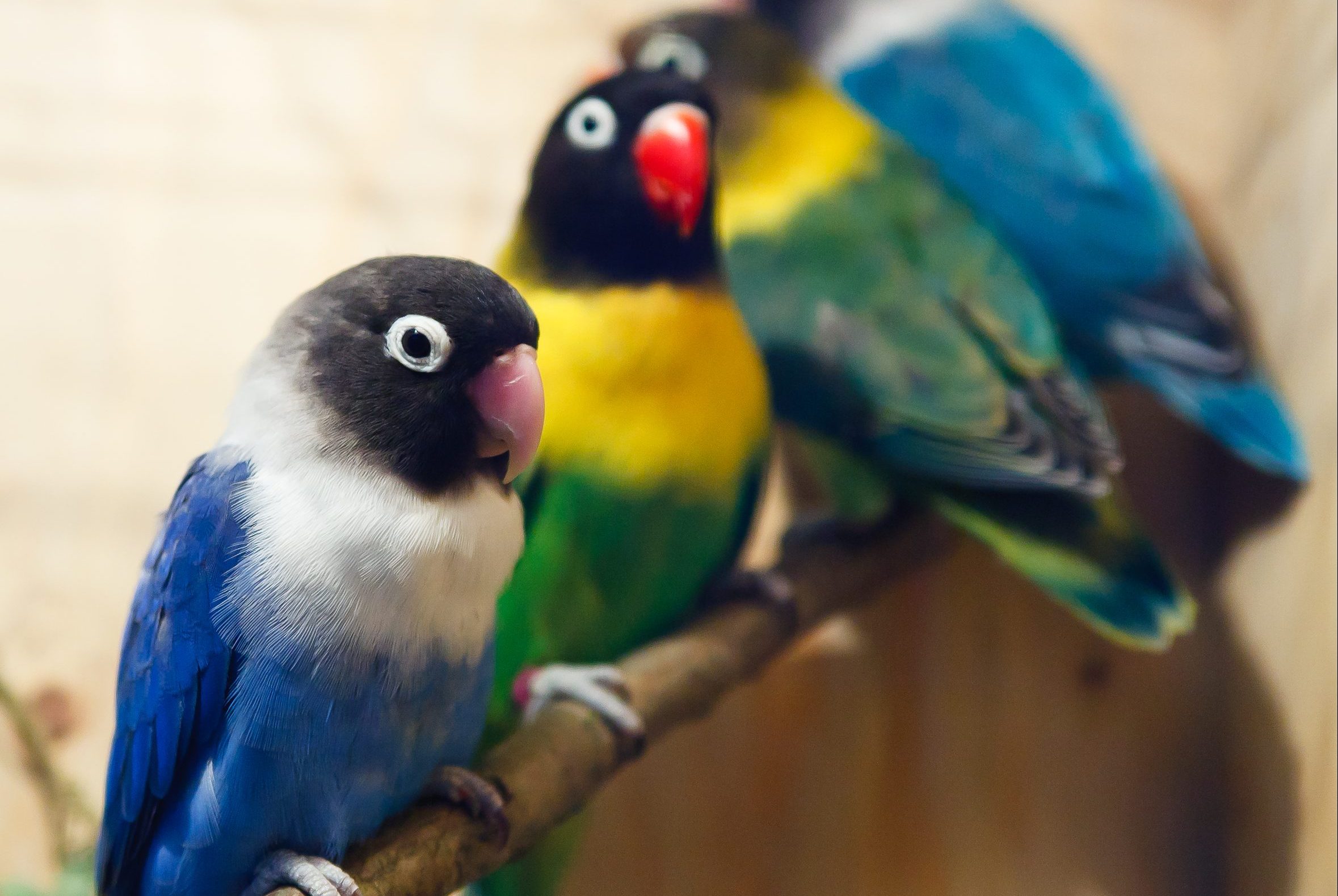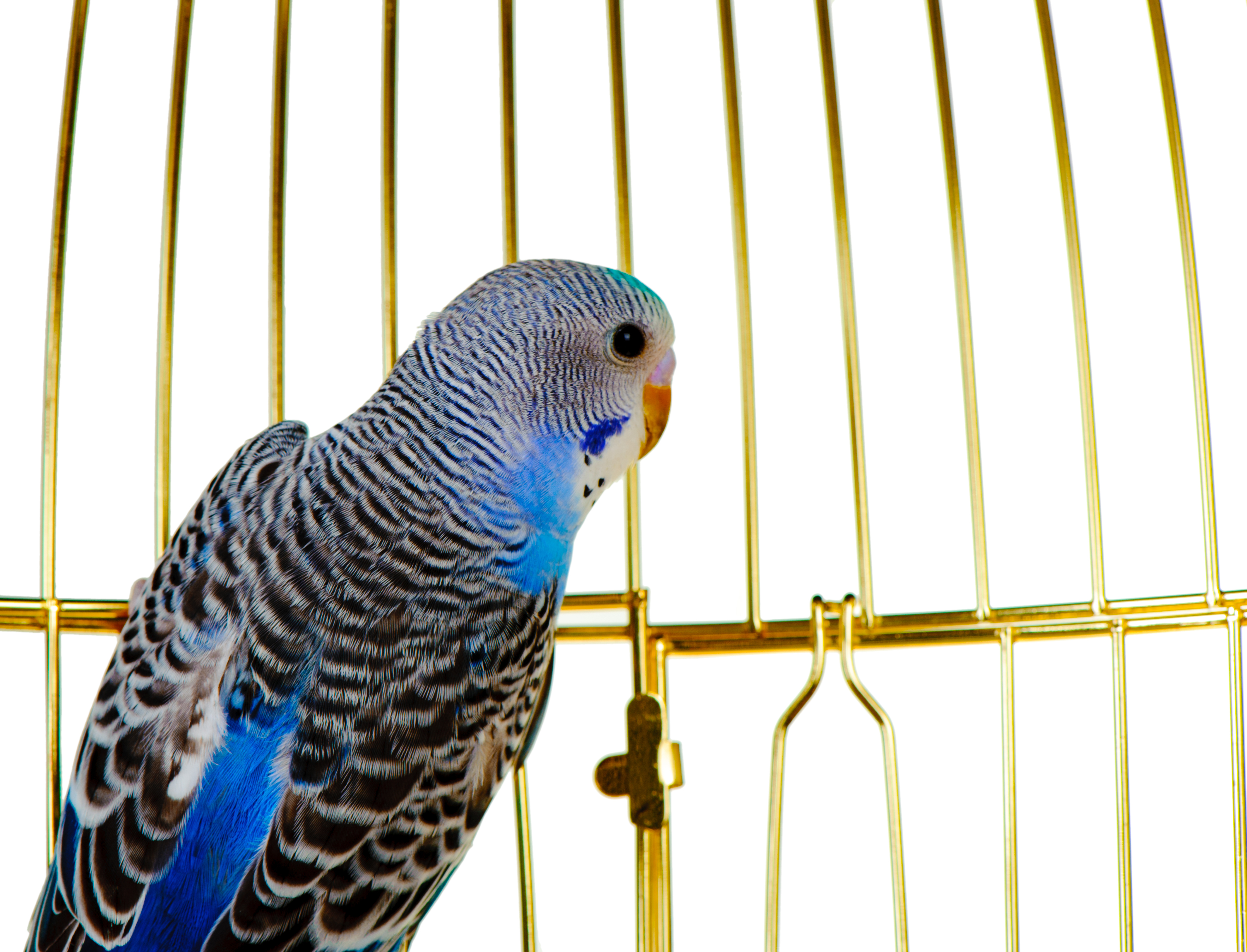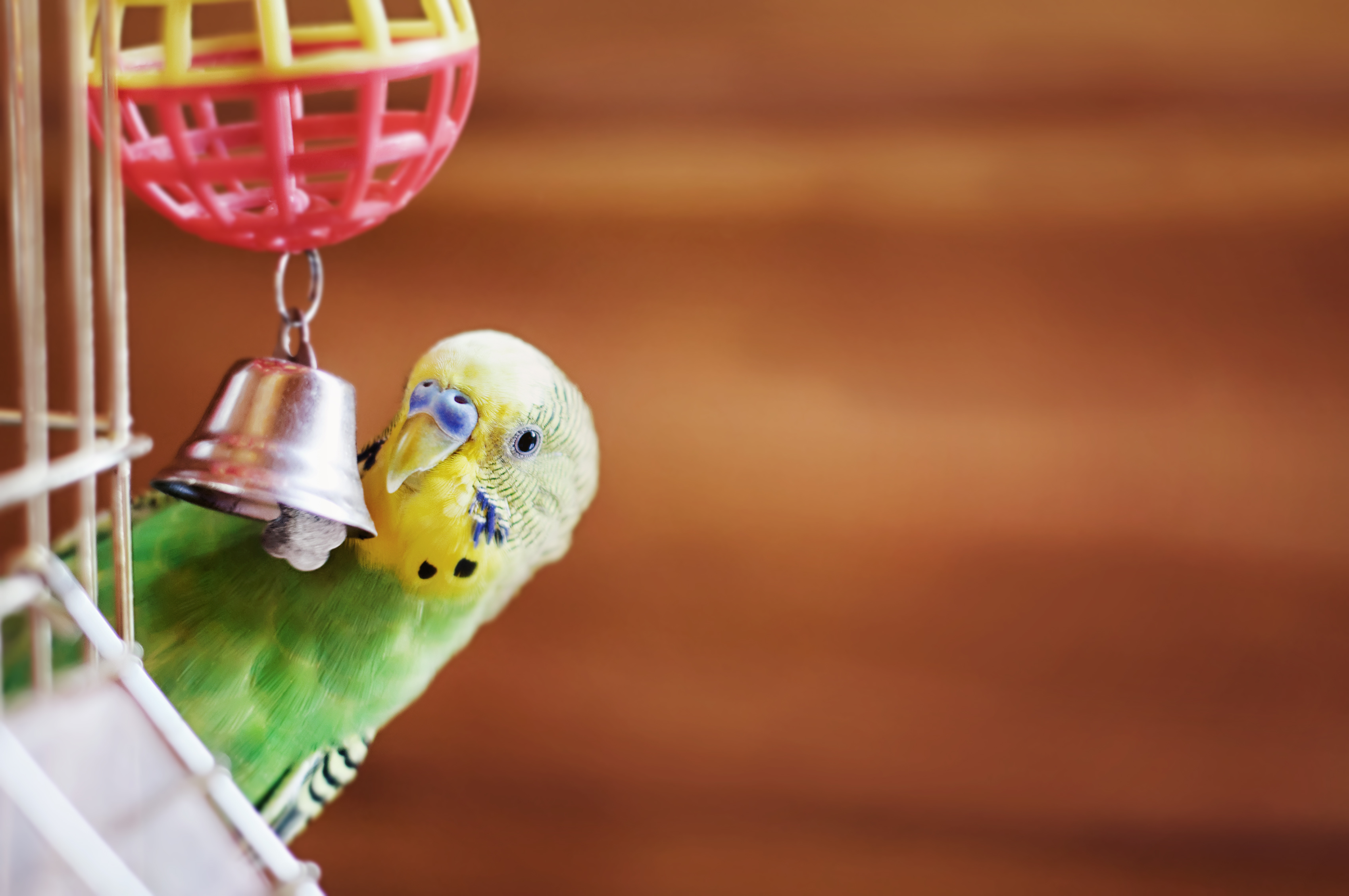Bird Health Boosters
Erik J. Martin //January 5, 2015//
 The good news for pet birds and their owners is that many of today’s aviary foods are more nutritionally fortified and balanced than the seed diets of the past. The bad news is that vitamins, minerals and nutrients added to these edibles may still not be enough to meet their health needs.
The good news for pet birds and their owners is that many of today’s aviary foods are more nutritionally fortified and balanced than the seed diets of the past. The bad news is that vitamins, minerals and nutrients added to these edibles may still not be enough to meet their health needs.
Thankfully, the market boasts a wider array of bird supplement products today than ever before and smart retailers can capitalize on this niche by stocking the right add-on items and educating their customers about the need to purchase them, say the experts.
Enter the Era of Diet Enhancers
“With the advent of formulated diets for birds, the role of supplementation has changed. For many, it has become an enhancer as proper feeding should always include a good base diet supplemented with fruits and vegetables,” said Mary Wyld, owner of Wyld’s Wingdom, a Virginia-based pet bird supplies distributor.
Many supplements nowadays are for nutritional support, “but there is a vast increase in wellness type supplements that include probiotics, detoxification and homeopathic ingredients,” said Melanie Allen, avian product specialist with Rolf C. Hagen Corp., Mansfield, Mass.,
According to David Langtry, CEO of Kordon, LLC, Hayward, Calif., the relatively recent introduction of probiotics for birds has been particularly well received, as there was nothing to help birds digest food or solve digestive issues previously.
“The great thing about probiotics is that they benefit all sizes, kinds and ages of caged and aviary birds,” said Langtry, who added that Kordon recently introduced Pure Probiotics Daily Blend for Birds. This natural beneficial bacteria in powder form, suitable for all caged species, can be sprinkled on bird food to aid in digestive tract health.
Another digestive aid gaining attention is Clay-Cal from Hagen’s Living World line. It’s a clay product that combines the detoxifying benefits of bentonite clay and charcoal with calcium to help bind and absorb/adsorb toxins, including endotoxins, fungal toxins, manmade toxic chemicals (from floors, carpets and cleansing agents, for example) and bacteria. Thanks to the clay’s ability to act as an antacid, it can also protect the gut lining from corrosion, improving food intake. Additionally, the product’s elevated pH level promotes health and stronger immunity from disease.
Species-Specific Solutions and Natural Notables
Nutritional supplements for companion birds are also becoming more specific to meet certain needs and certain breeds.
Vitakraft’s Quiko line of three egg food supplement products newly introduced in this category: a Vibrant Feather Formula for moulting of all pet birds; a Protein Plus Stress Aid Formula for canaries and finches; and a Beautiful Song Formula for singing canaries. Each contains essential amino acids and key vitamins and is made with real whole eggs.
Many nutritional supplements in 2015 are partaking in the “all-natural” trend (meaning the product has no fillers, preservatives, sugars, added artificial flavoring or coloring agents). One popular example is Avitec’s Enhance food supplement, which mixes 10 vegetables, nine fruits, three berries and three sprouts that have been juiced and freeze-dried in a powder state for preservation. It can be sprinkled on seed, fresh vegetables or fruits, pellets or birdie bread.
“The ‘all-natural’ trend emphasizes what birds eat naturally in the wild and then offering those untampered ingredients in its natural state as a supplement,” said Dr. Harvey Cohen, owner of Dr. Harvey’s, Atlantic Highlands, N.J., who mentioned bee pollen as a prime example.
Considered a “superfood,” bee pollen packs many crucial nutrients and antioxidants into small, edible granules. Dr. Harvey’s includes bee pollen granules in its ingredients for its Whole Food Concentrate Supplement, WFS Plus, which can be consumed safely by birds.
Getting Shoppers’ Attention
According to said Tim Norsen, national sales manager for Vitakraft SunSeed in Bowling Green, Ohio, retailers need to ensure that vitamins and supplements remain a part of their assortment.
“Having supplements in a dedicated section helps to maintain visibility and using effective signage and shelf talkers helps remind consumers to use these products,” said Norsen.
“They are usually an easy add-on sale if they keep their prices reasonable.”
Supplements should be merchandised at eye level, Wyld suggested. And all retail employees should be familiar with the products.
“Good access to store staff encourages conversation with the customer regarding good nutrition and supplementation for birds,” said Wyld. “Staff should ask customers questions about what they’re feeding their birds and then educate them as to the best supplements to use.”
Rhonda Freeman, trade show professional and social media strategist for the Cornell, Ill Lafeber Company, recommended merchandising food and supplement products together by brand on the shelf to help them stand out and attract shoppers.
“Clever merchandising should include a smart strategy of laminating and hanging signage with information about a particular product, including health benefits, testimonials and tips,” said Freeman. “And providing samples to customers and actually using the food in the store will also promote sales.”
